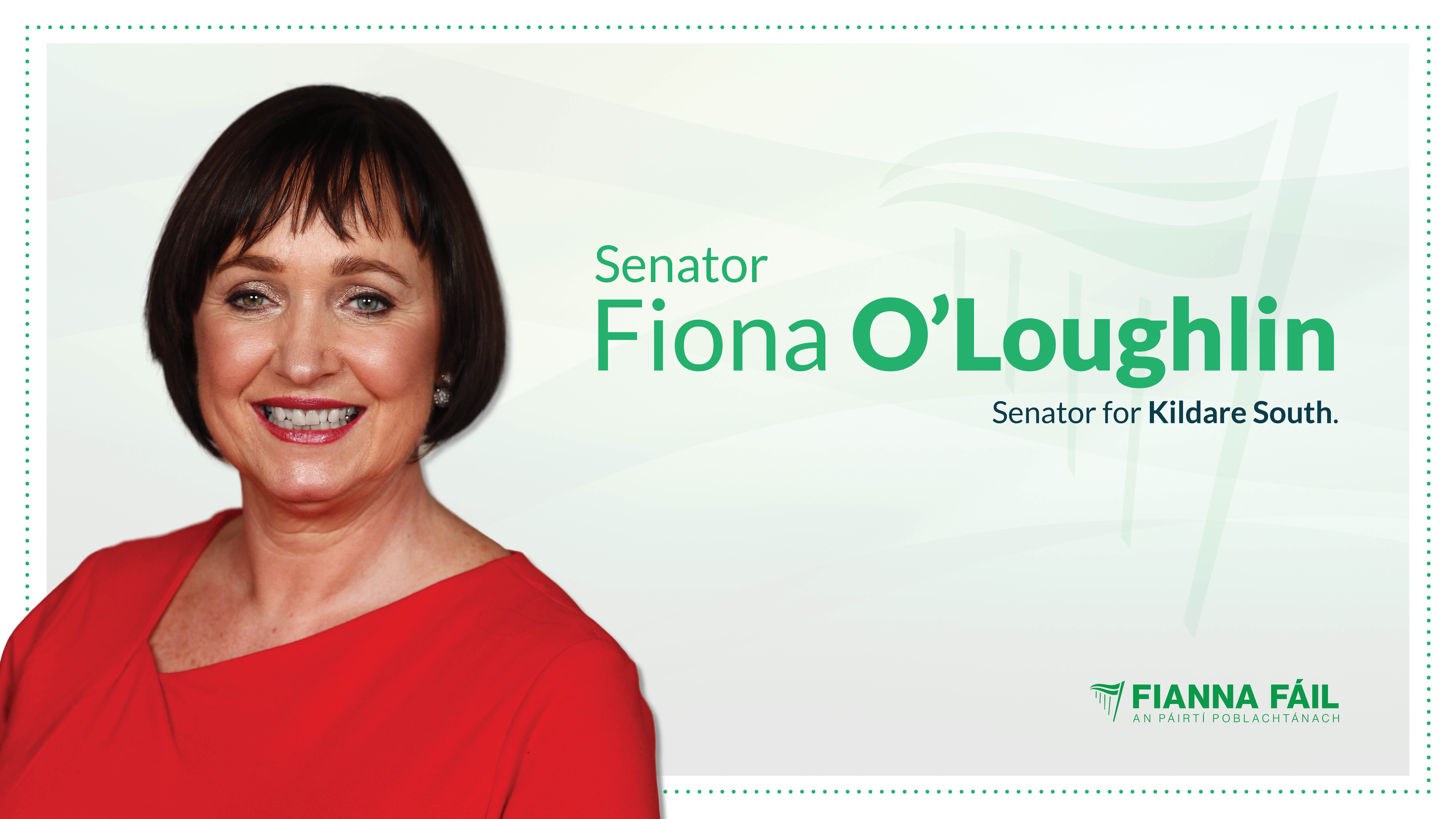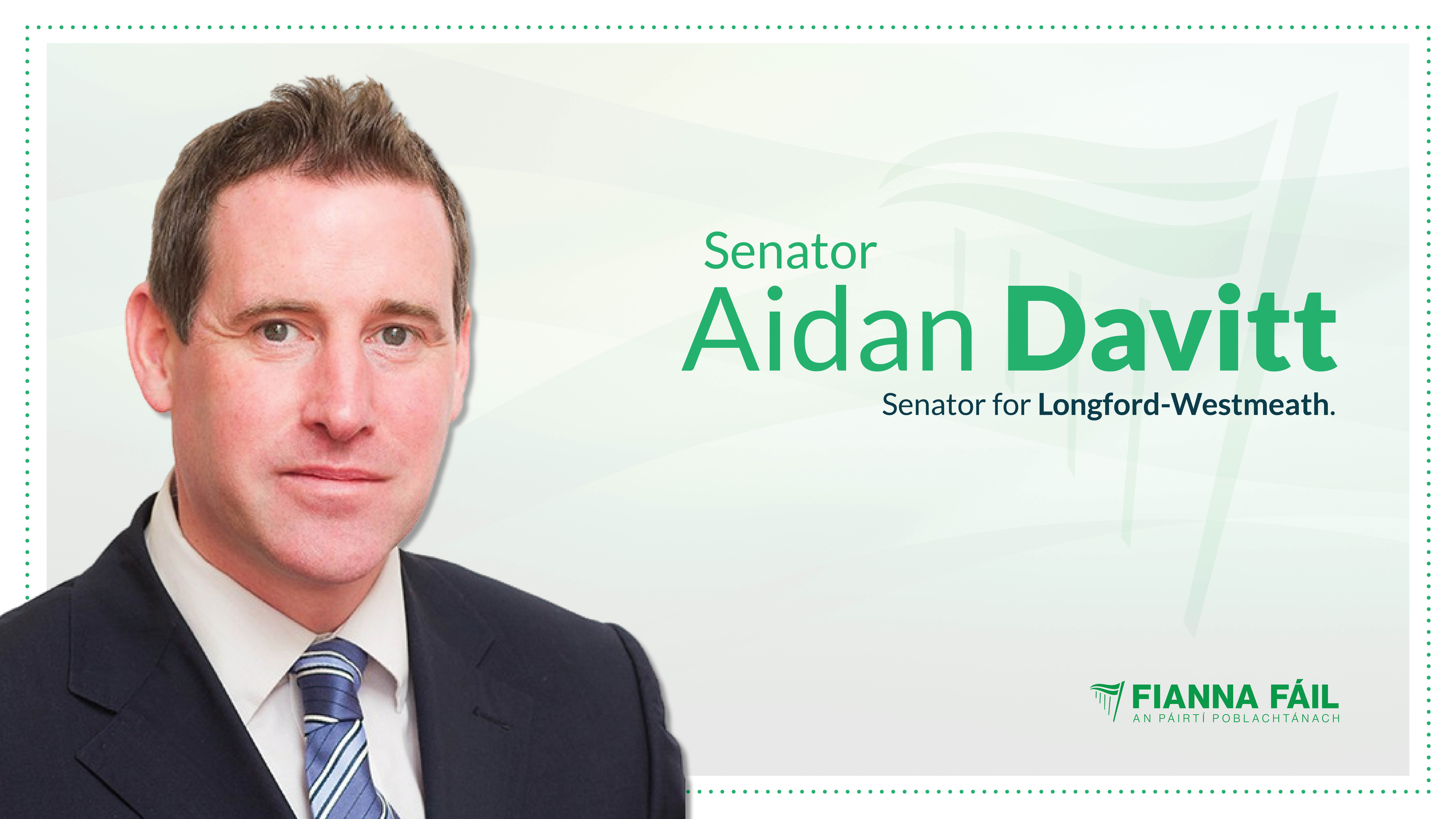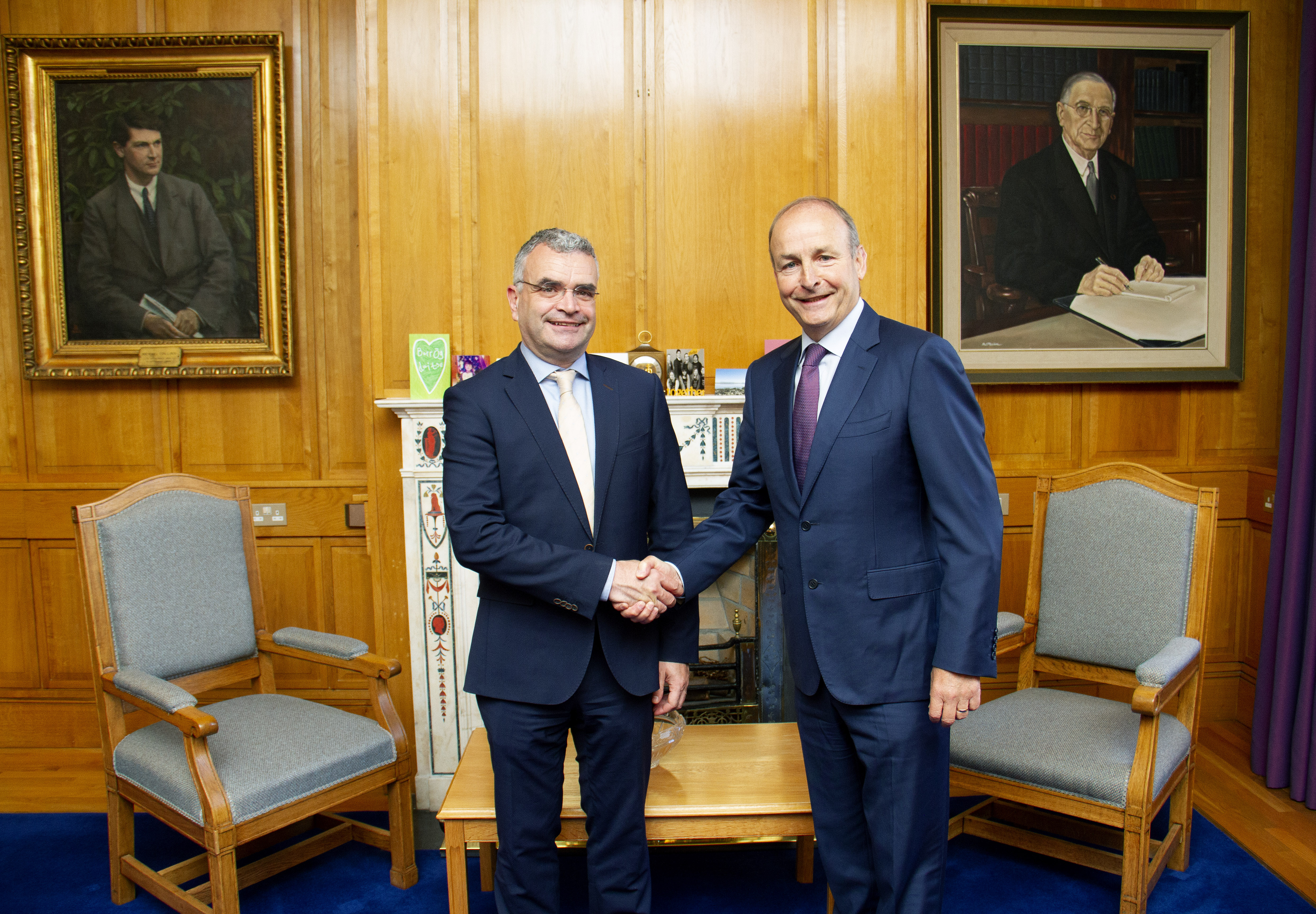Minister for Health and Minister for Children, Equality, Disability, Integration and Youth welcome the Period Poverty in Ireland Report
Published on: 08 February 2021
The Department of Health and the Department of Children, Equality, Disability, Integration and Youth have jointly launched a report which examines the prevalence and impact of period poverty in Ireland.
The report has been produced by the Period Poverty Sub-Committee of the National Strategy for Women and Girls Strategy Committee. The Period Poverty Sub-Committee was chaired by the Department of Health.
In line with the recommendations of Oireachtas motions passed in early 2019, the Sub-Committee’s remit included establishing the extent of period poverty in Ireland and population cohorts most at risk. The Terms of Reference also included giving due consideration to the circumstances of young people under the age of 25, targeting of high-risk groups, stigma reduction and mainstreaming period poverty mitigation measures across all relevant Government Departments and public bodies.
Welcoming the report, Stephen Donnelly, Minister for Health, said: “I am very pleased to join my colleagues, Minister O’Gorman and Minister Feighan, in launching this important report. Period poverty has long been recognised as a serious issue, in terms of both women’s health and gender equality. This report demonstrates this Government’s commitment to working in cross-sectoral partnership to address gender and socio-economic inequalities. The report is also a testament to my own Department’s commitment, following the recommendations of the Scally Report, to giving women’s health issues more consistent, expert and committed attention within the health system. I have no doubt that the report will prove to be a landmark step in understanding and addressing period poverty and I look forward to seeing its recommendations implemented.”
Roderic O’Gorman, Minister for Children, Equality, Disability, Integration and Youth, said: “The publication of this report is the beginning of a much wider conversation on this issue. I welcome the wide-ranging cross-sector recommendations in this report to strengthen the evidence base around period poverty, to address the stigma associated with periods, to normalise periods through education and to assist those high risk groups who need it most.
“No woman, girl, intersex, trans or non-binary person who menstruates, should have to exclude themselves from the activities of daily living during menstruation or suffer the physical and mental health impacts resulting from both recurrent exclusion and the use of unsuitable period products. Government, NGOs, private individuals all have a role to play in achieving this objective. My department will work within the context of the National Strategy for Women and Girls to support the Department of Health to focus attention on this issue.”
Anne Rabbitte Minister of State with responsibility for Disability at the Department of Children, Equality, Disability, Integration and Youth said: “I’m very glad to see this report and unsurprised at some of its findings. For people who menstruate, period poverty is not just a result of austerity or economic strain; it can stem from lack of education and generations of taboo and stigma.
“It’s vital that we move forward from this report with momentum and an intention to make sure that every person who menstruates has access to the things they need to manage a natural and common biological process. Period products are not and never should be regarded as a luxury item.“
Taking account of the complex nature and breadth of the issue, the Sub-Committee had representation from a wide range of stakeholders including the Departments of Justice, Education, Children, Equality, Disability, Integration and Youth, Social Protection and Finance in addition to Health.
The HSE, LGMA, Irish Prison Service, TUSLA, Union of Students of Ireland and the voluntary sector (National Women’s Council of Ireland, National Traveller Women’s Forum and One Family) were also represented, with presentations and submissions from other NGOs including Plan International, Homeless Period Ireland, Coolmine, Merchants Quay Ireland and St Vincent De Paul.
Paying tribute to the contribution made by these stakeholders, Frank Feighan, Minister of State for Public Health, Wellbeing and the National Drugs Strategy, said:
“I want to join with my colleagues Minister Donnelly, Minister O’Gorman and Minister of State Rabbitte in welcoming this eagerly awaited report on period poverty. The report sets out in very clear terms the complexity of period poverty in Ireland, which goes beyond the basic need for period products and associated hygiene, also including wider factors such as stigma, menstrual health literacy and gender equity. I am confident that the report and its recommendations will have a significant impact on addressing gender and socio-economic inequalities across the country. I want to thank the National Strategy for Women and Girls Strategy Committee for facilitating the Sub-committee on Period Poverty and thank the Sub-committee on Period Poverty for their hard work in producing this report, as well as all of the charities and NGOs who were so helpful in sharing their experiences with the Sub-Committee.”
The report acknowledges the potential adverse consequences of period poverty which can include exclusion from activities of daily living during menstruation and physical and mental impacts from both exclusion and the use of unsuitable period products.
It sets out a number of recommendations regarding strengthening the evidence base, addressing the stigma associated with periods, engaging with vulnerable groups and the voluntary sector organisations that support them, considering the provision of free period products on the grounds of gender equity, and developing a systems approach and co-ordinated funding mechanisms across Government to progress cross-sectoral mitigation of period poverty.


